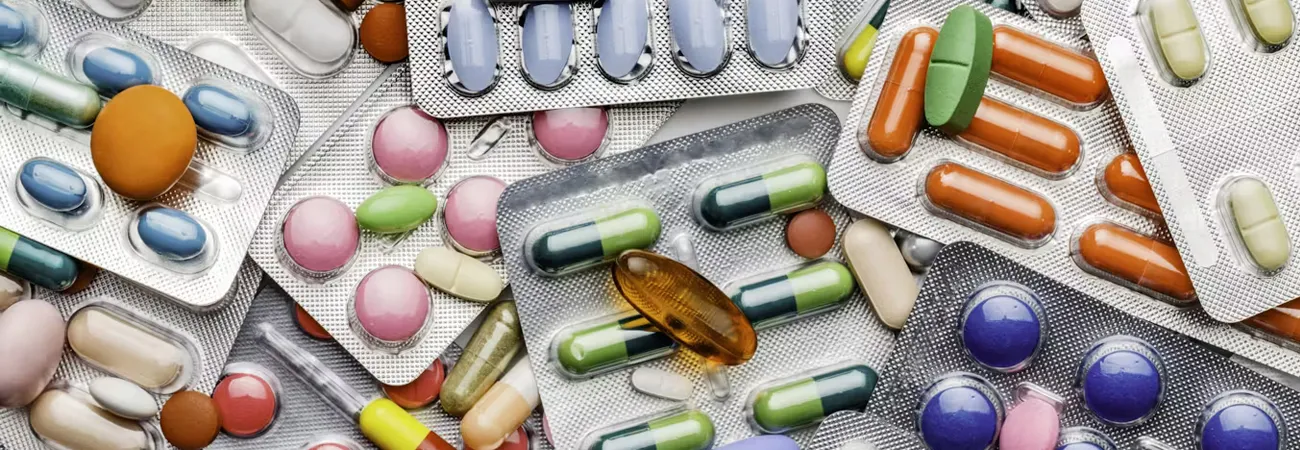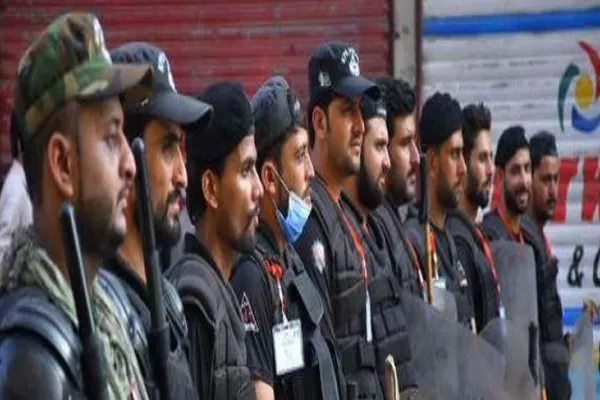i NEWS PAKISTAN
The Sindh government has imposed a sales tax on herbal, unani and homeopathic medicines, as well as medical devices, making essential healthcare products significantly more expensive. This decision has elicited strong reactions from the residents of Karachi, who are already grappling with high inflation and economic hardship. The newly imposed tax affects a wide range of around 200 medical supplies and devices, including thermometers, sugar strips, blood pressure monitors, surgical gloves, and wheelchairs. Abdul Samad Badhani, vice chairman of the Pakistan Chemist and Drug Association, has warned that the cost of herbal medicines will rise sharply, further straining the budgets of many households. "Inflation has already made it difficult to live. Now medicines will also be out of reach," lamented a resident of Karachi. Shopkeepers are equally worried, anticipating a sharp decline in sales as customers struggle to afford these essential items. Due to the imposition of this tax, not only flu and cough syrups, but also Joshanda is set to become expensive.
The impact of this tax is immediate and stark: the price of a packet of ordinary sugar checking strips has surged from Rs700 to Rs1,000 in the wholesale market. Wheelchairs, previously priced at Rs13,000, now cost Rs17,500. The cost of other medical devices used at home, including BP apparatus, has also doubled, putting them beyond the reach of many ordinary citizens. Healthcare professionals are deeply concerned about the repercussions. "The common man will be directly affected by the sales tax," said a local doctor. With 95% of medical devices being imported, as per the chairman of the Healthcare Devices Association of Pakistan, the added costs will inevitably be passed on to consumers, making treatment more expensive and less accessible. Masood Ahmed, chairman of the Healthcare Devices Association of Pakistan, highlighted the dependency on imported medical devices, which exacerbates the issue. "The cost of the devices will make treatment more expensive," he stated, underscoring the challenges that lie ahead for both healthcare providers and patients.
Credit: Independent News Pakistan









